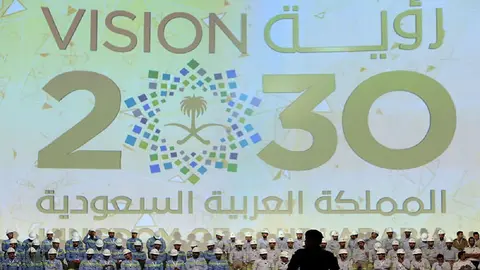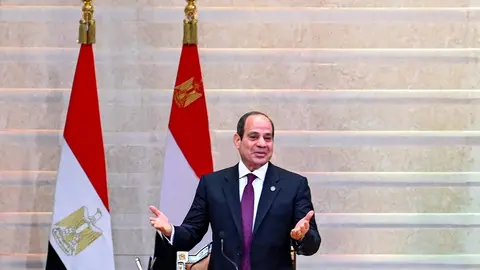Egypt opens up to Saudi investment

In a quest for economic openness, Egypt has signed several agreements with Saudi Arabia that will facilitate, promote and protect Saudi investment in both countries.
The inflow of Saudi capital into the Egyptian economy will reach, according to private Saudi entities, close to $5 billion in its initial phase, as announced by Saudi Crown Prince Mohammed bin Salman, who ordered the Public Investment Fund (PIF) to inject this amount into the coffers of the Central Bank of Egypt as the first step of the agreement.
The objectives include reducing bureaucracy and facilitating a favourable investment climate. Both sides have agreed to improve the flow of Saudi capital to each other, pledging to treat investments fairly and equitably. In addition, requirements for establishing, expanding, maintaining and protecting investments in situations of crisis, war or conflict will be reduced.
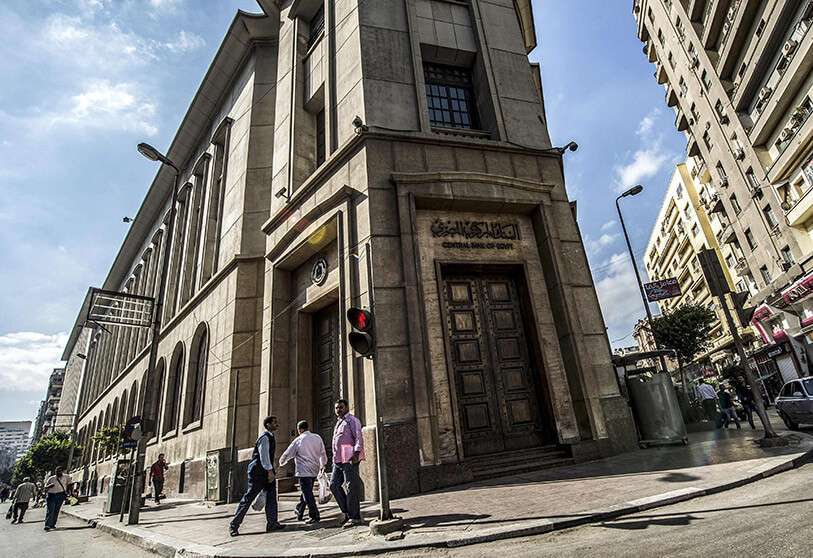
These measures will encourage growth in the volume of trade between the two countries. The importance of the agreement is confirmed by the fact that Egypt's economic growth forecasts will increase by 5% more than expected in the remainder of the year. Concerns such as debt and rising foreign exchange will be alleviated by Saudi investment.
Prime Minister Mostafa Madbouly announced that the drafting of the agreement to protect and boost Saudi investments has been finalised. It is currently being reviewed for official approval through the relevant legal procedures.
On his last visit to Riyadh, he explained to members of the Council of the Federation of Chambers of Commerce and the Egyptian-Saudi Business Council how the government set up a special unit to resolve problems of Saudi investors, including old cases.
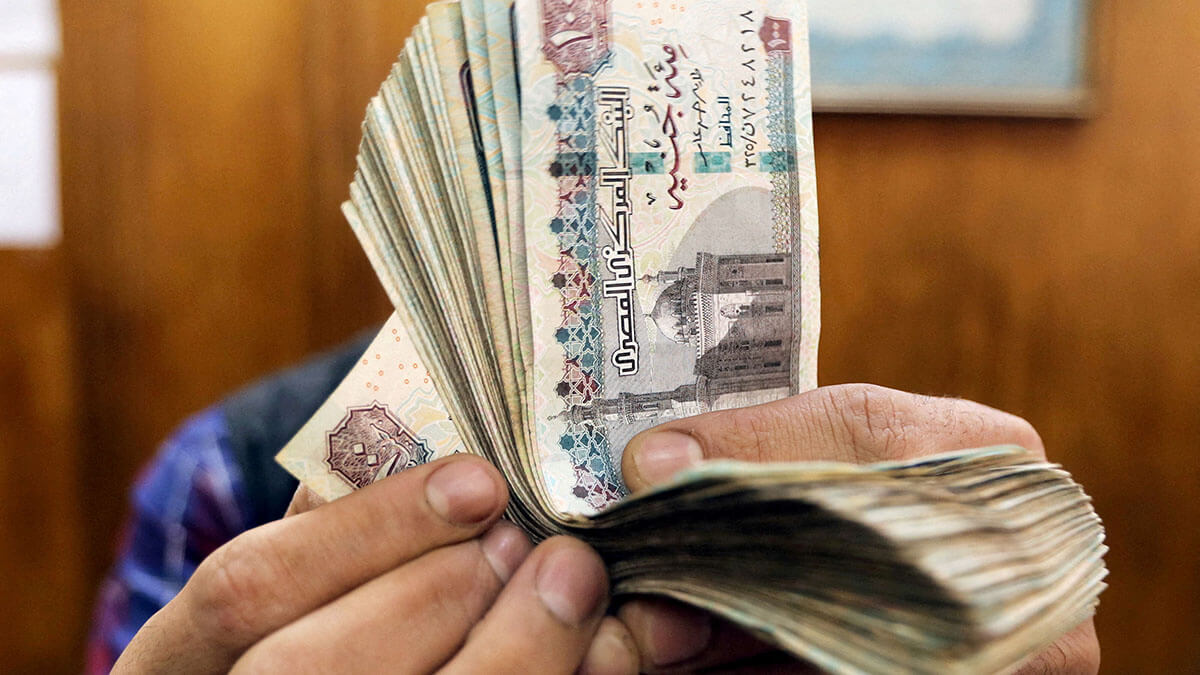
It is expected to be implemented by the end of November. However, challenges remain, such as unemployment and how the implementation of these new measures may affect small businesses.
The most favoured sector will be real estate, where Saudi companies such as the Dallah Al-Baraka group have confessed their intention to invest heavily in the Egyptian market. Recently, Saudi companies Tatweer Misr and Mountain View acquired land in Cairo to develop residential projects.
Other sectors that will benefit economically include electricity connections, industrial partnership and integration in different industries such as automotive, pharmaceuticals, food and mining.

However, economic analysts, such as Ashraf Ghorab, believe that employment will be one of the main beneficiaries of the new investment frameworks to be approved. Ghorab explained that the volume of trade between the two countries will be one of the first symptoms of the signing of the new agreements, although the trend was already favourable.
In recent years, the volume of bilateral trade between Egypt and Saudi Arabia has increased considerably. In the first half of 2024 alone, the volume grew by more than 30% compared to last year and by more than 58% compared to 2022.
Saudi Arabia purchased 7.3% of Egypt's total foreign trade during the January-June period, which exceeded 63.3 billion dollars.
While there is every indication that the new partnerships will be beneficial, Egypt's economic problems will take time to be solved. The authorities have already permanently resolved 81 of the 95 problems they faced. The Egyptian Prime Minister pledged to solve the remaining 14 problems before the end of this year.
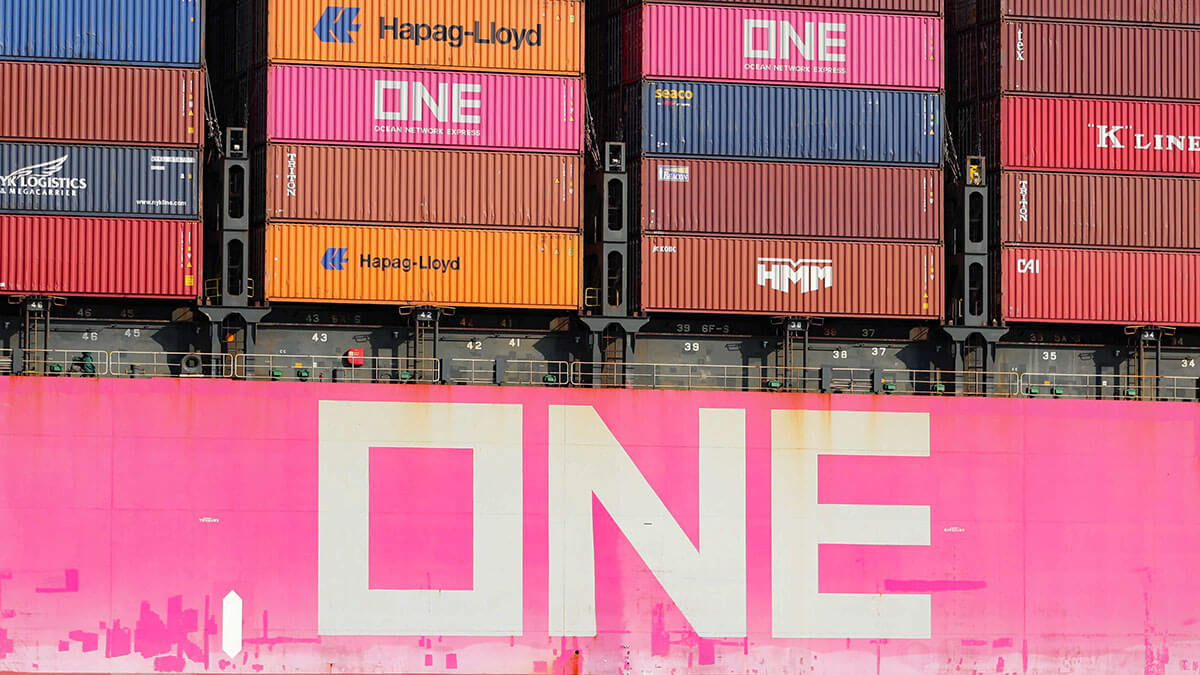
Similarly, Imad Qenawi, a member of the General Federation of Chambers of Commerce in Egypt, sees the agreement as an important step towards preventing a severe currency crisis in Egypt.
‘Saudi Arabia is investing more and more in Egypt, which is very important for its economy,’ said Imad Qenawi, a member of the General Federation of Chambers of Commerce in Egypt. ‘On the one hand, Saudi Arabia buys a lot of Egyptian products, and on the other hand, it provides jobs for many people in Egypt,’ he added.
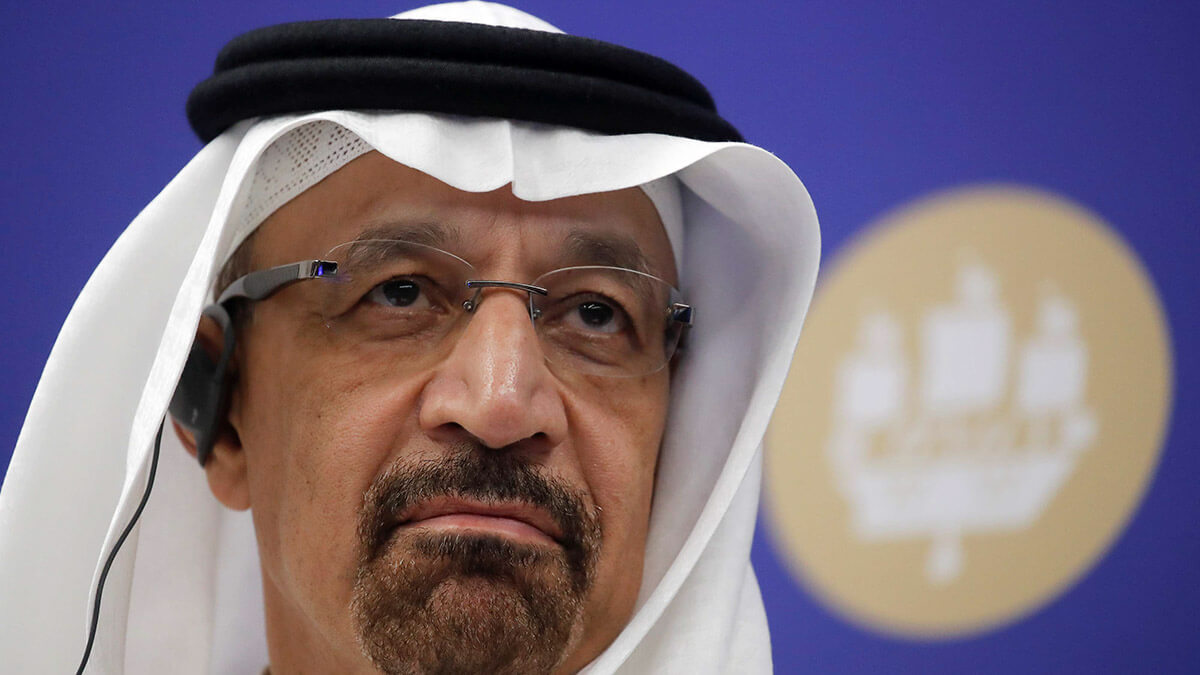
Saudi diplomacy applauded the deal. In particular, Khalid Al-Falih, Saudi Arabia's minister of investment, sees the deal as ‘a unique opportunity for Saudi investment’. ‘Egypt and Saudi Arabia will be partners, not just investors,’ he concluded.
Like Kuwait and the United Arab Emirates, Saudi Arabia has provided several billion dollars in aid to Egypt in recent years in the form of fuel deliveries, cash grants, investments and deposits in the Central Bank.

